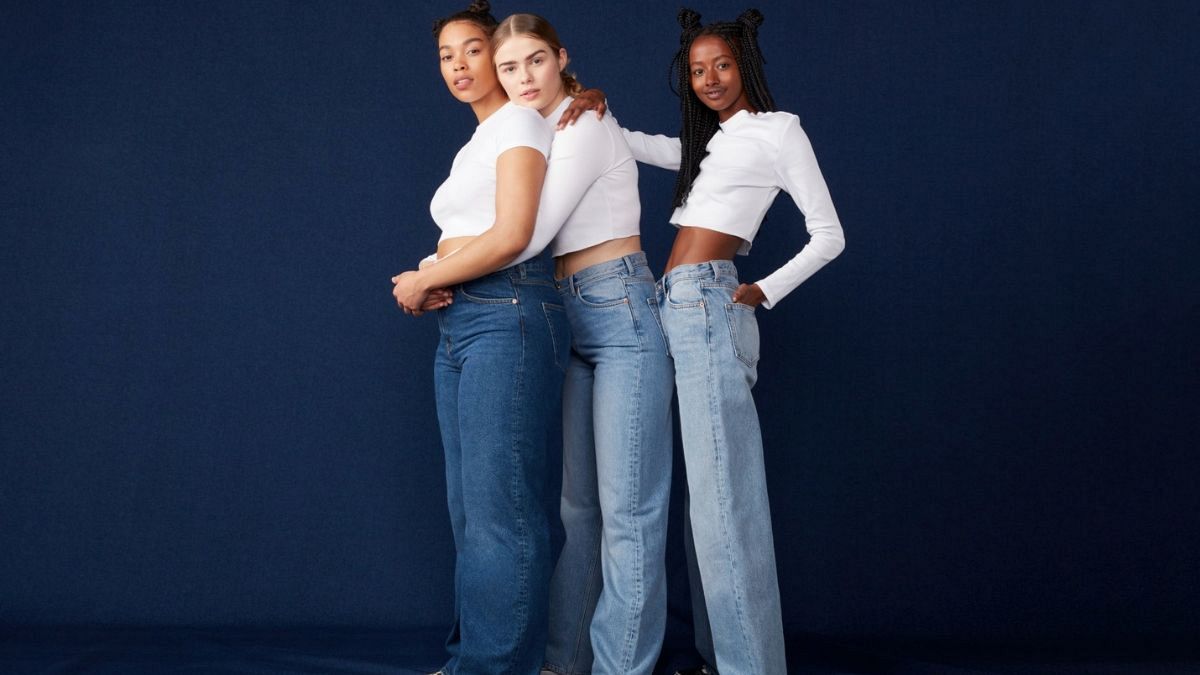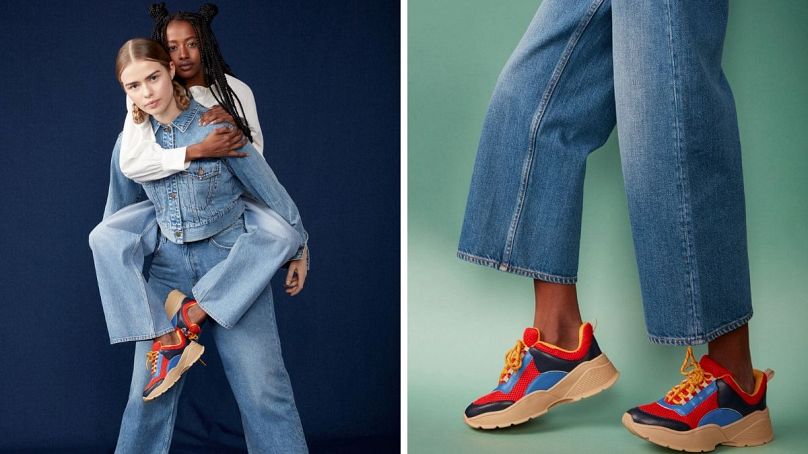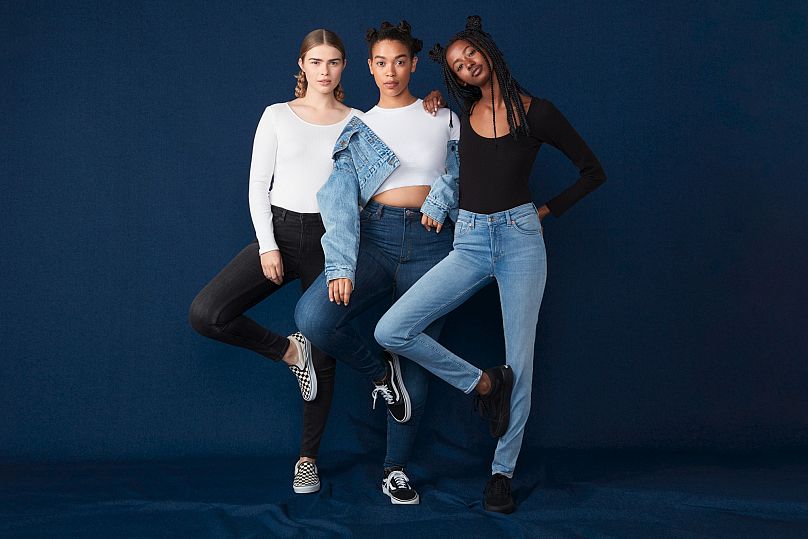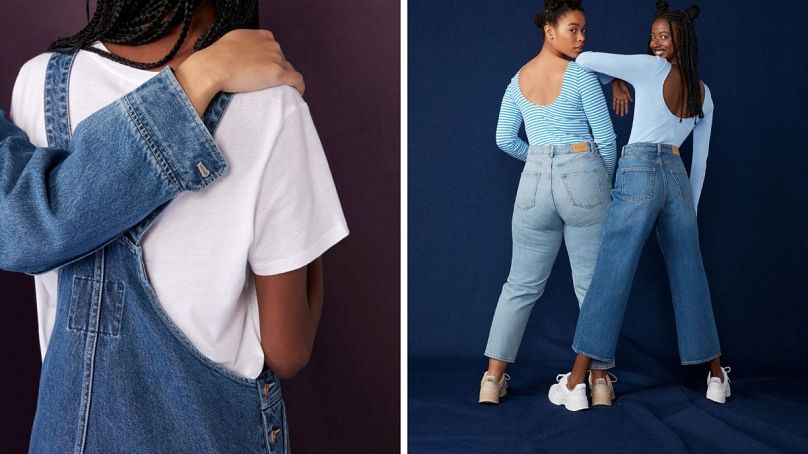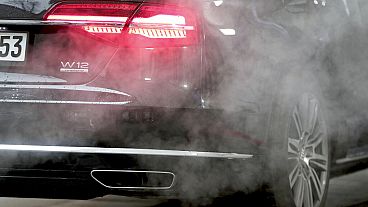We detail Monki's commitment to producing clothes made from organic and sustainably sourced denim.
There’s an argument that sustainable production is significantly easier for small, emerging fashion brands or for those who launched with an eco-conscious focus from the offset, than it is for established retail giants. So when global high-street retailers make a point of changing their approach for the better, seemingly small steps can make a huge difference.
Monki, the Stockholm-based high street label on every millennial’s wishlist, is one such brand. Its affordable, contemporary designs span both men’s and womenswear and denim is at the core of its offering each season. A recognised name throughout Europe, it supplies to 127 stores in 16 different markets. In 2018, it made a promise – that all of its denim would be sustainably sourced and organic from that point onwards.
Denim is one of the most in-demand fabrics in the fashion industry and its harmful effects on the environment are detrimental. According to Adam Taubenfigel, creative director at Atelier Denim and his article for LinkedIn in 2017, ‘it takes around 2,900 gallons of water to produce a single pair of cotton jeans’. This figure accounts for everything from the farming of the cotton to the processes behind specialist effects and washes, and it makes denim one of the fashion industry’s least eco-friendly products.
Monki’s pledge to make a change is significant considering its size and it sets the premise for similarly impressionable brands. It’s working with The Better Cotton Initiative, a project that aims to make the global cotton production industry a fairer place for people and for the earth. It puts money into farming cotton without using chemicals or pesticides and provides farmers with an education on how best to treat soil, starting with smarter ways of using of water.
Monki’s promise marks the start of its pledge to achieve a fully sustainable supply chain by 2030 and it predicts this initial development alone will result in a 46% reduction in its contribution to climate change. In smaller but equally important developments, there’s also a recycle station in every Monki store and each of its physical locations around the world is powered using renewable energy.
Monki sits under mother brand, the H&M Group and its efforts are an extension of the group’s increased strife towards sustainable production. Currently around 10% of the H&M Group’s total consumption of raw materials is made using specifically-chosen, environmentally friendly fabrics like organic cotton. From a socially-conscious perspective, it openly advocates a drive to better its employee labour conditions around the world.
Perhaps most credibly, the H&M Group is one of three brands who has been awarded the ‘Avant-Garde’ status from Greenpeace, a title that goes to ‘detox-committed companies that are ahead of the field, leading the industry towards a toxic-free future with credible timelines, concrete actions and on-the-ground implementation’.
While small and emerging labels with sustainability at their core undoubtedly have a voice, globally-recognised names have the power to spread the climate change message fast. Initiatives like Monki’s 2030 pledge may seem far off but if proven successful, they could be the difference between an increasingly detrimental industry and a much more eco-friendly one.
Words: Sarah Leigh Bannerman
